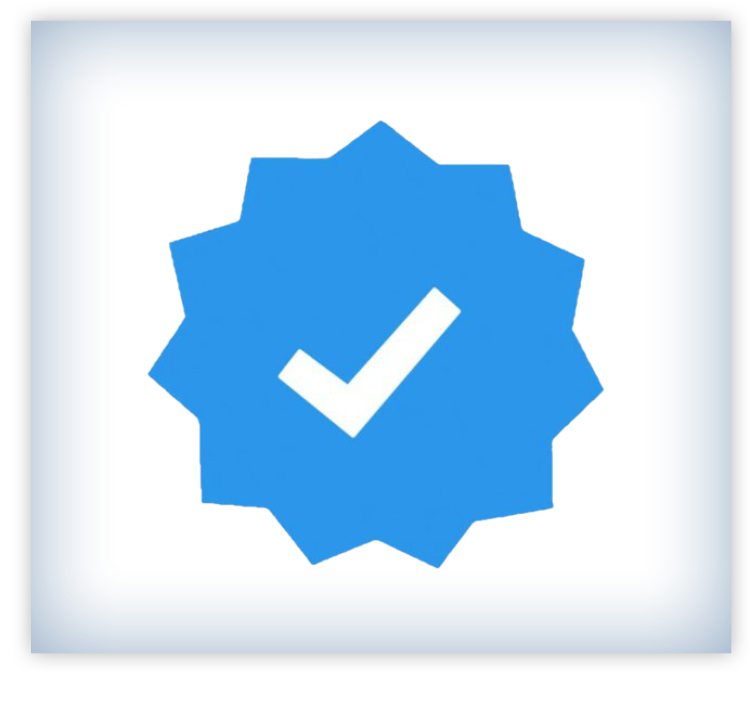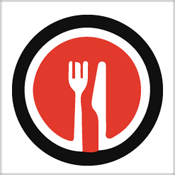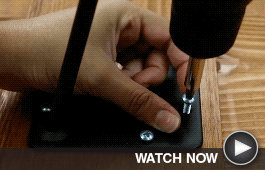

Biggest Animal on Earth Blue whales can reach a length of 100 feet and weigh up to 200 tons. Watch one now in the Santa Barbara Channel. You may need an Instagram account to view these posts. Go to Instagram.com to sign up or sign in to your account. |


Cool Flames in Space On the International Space Station, researchers are studying cool flames, which burn at extremely low temps. |
|
||||
Featured Articles
COOKING DEMO
COOKING DEMO
DIY TIPS
DIY TIPS
CUSTOMER ALERT
CUSTOMER ALERT
 Do you follow your favorite celebrities on Facebook, Twitter, and Instagram? It’s a great way to stay updated on their career news and personal views. But be suspicious if you receive a direct message from a celebrity out of the blue. It’s almost certainly a scam.
Do you follow your favorite celebrities on Facebook, Twitter, and Instagram? It’s a great way to stay updated on their career news and personal views. But be suspicious if you receive a direct message from a celebrity out of the blue. It’s almost certainly a scam.
Social media is filled with bogus celebrity accounts, and imposters will reach out to the real star’s followers and ask for money. For example, if you post “I love you, Blake Shelton!” on the singer’s real Facebook or Instagram page, you might get a message from something like #SecretBlakeSheltonacct. The Blake impostor will say he’s flattered, values your fandom, and would love to meet you … if you first donate to his charity. Or you may be invited to buy tickets to a private concert or meet-and-greet. Another popular tactic of celebrity imposter scams is the phony livestream. It typically features a video taken from the celebrity’s real social feed along with a message promising a cash prize to the first 500 people who comment with a specified phrase or identify something hidden in an optical illusion. Respondents get a direct message asking for a bank account number or other personal data to facilitate payment of the prize. To avoid celebrity imposter scams, use these strategies:
|
|
|||
SITES OF THE MONTH
SITES OF THE MONTH

Guide to Apple Varieties Learn about popular kinds of apples and the best uses for each — from eating out of hand to making pies or salads. Learn more… |
|

DIY and What to Buy Popular Mechanics is a go-to source for how to do all kinds of projects and which products to buy for best results. Learn more… |
|

Rolling with Dough Roller This isn’t about pie crust. It’s about learning how to better manage and invest your dough, as in money, to build wealth. Learn more… |
|
|||






